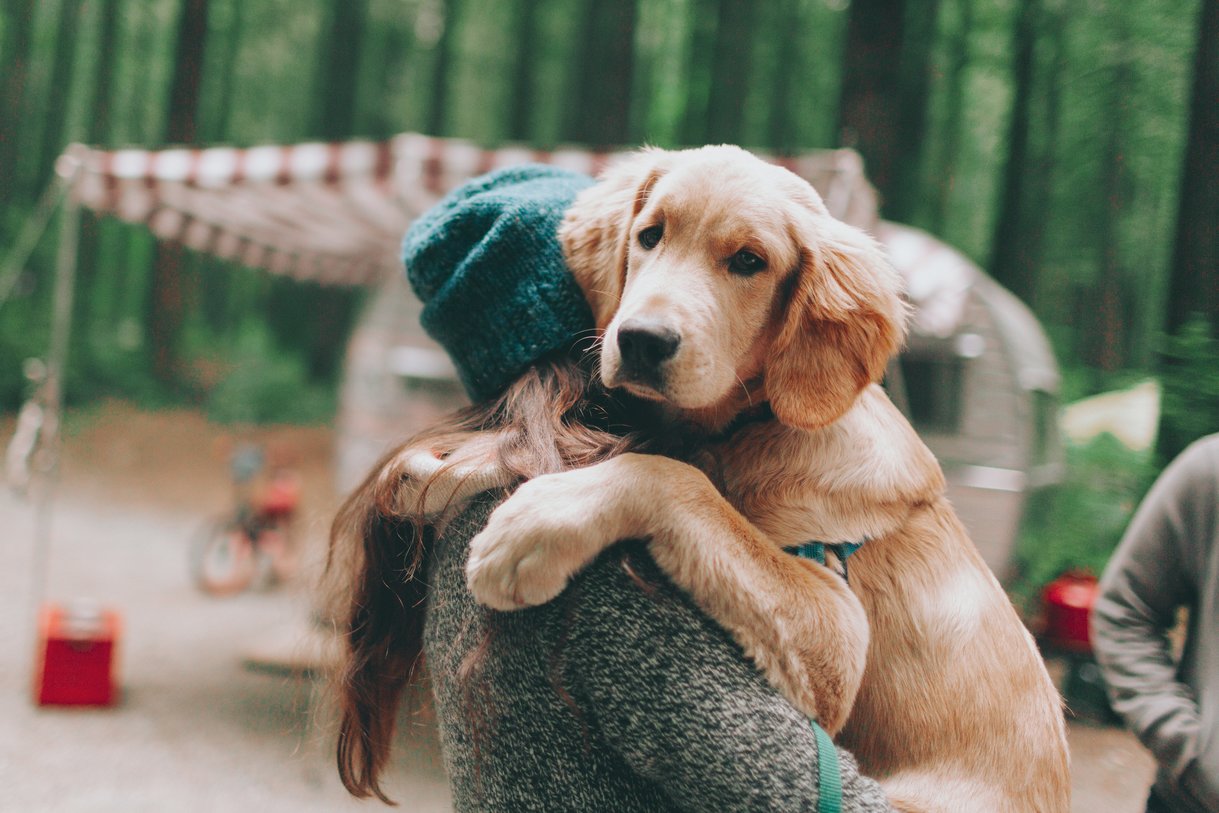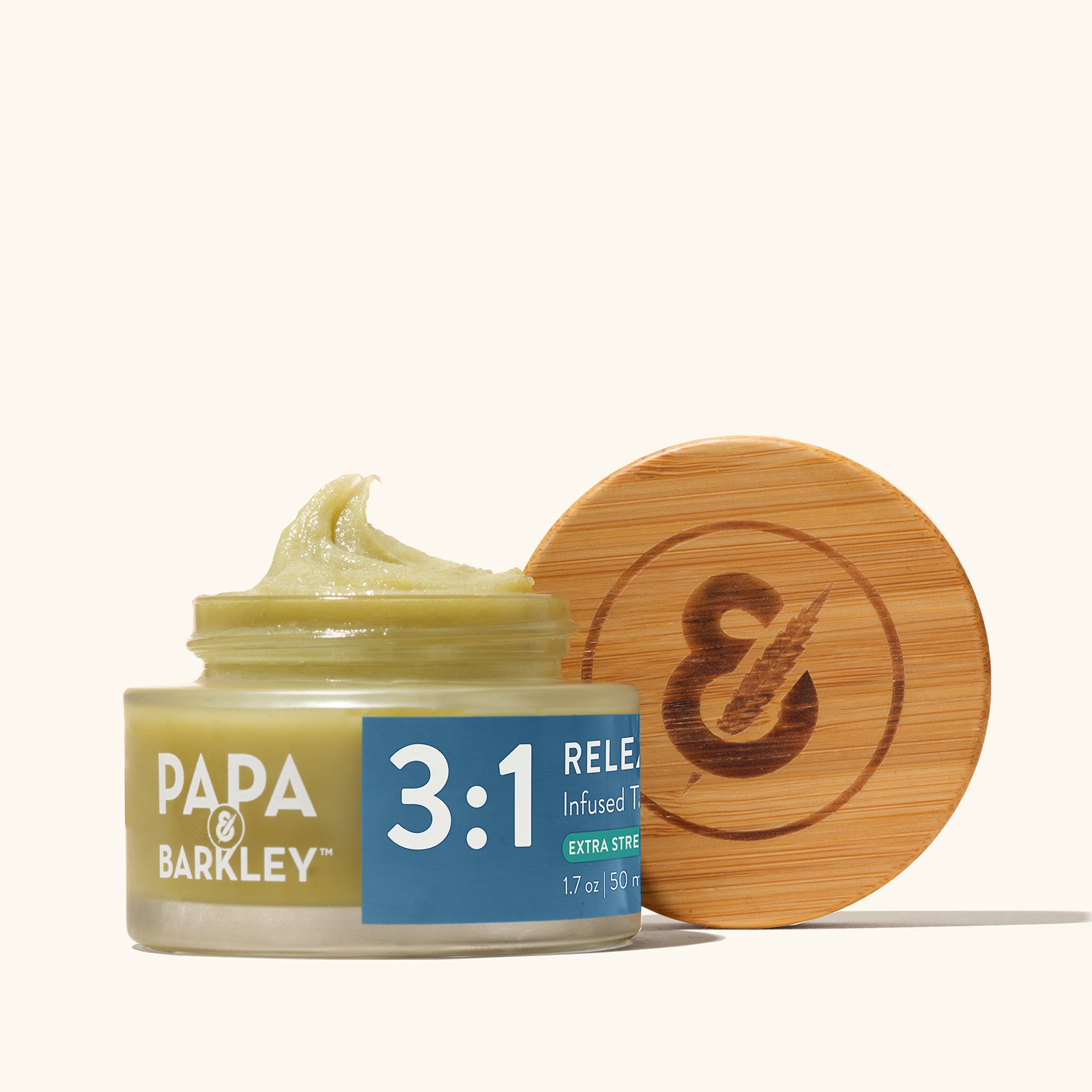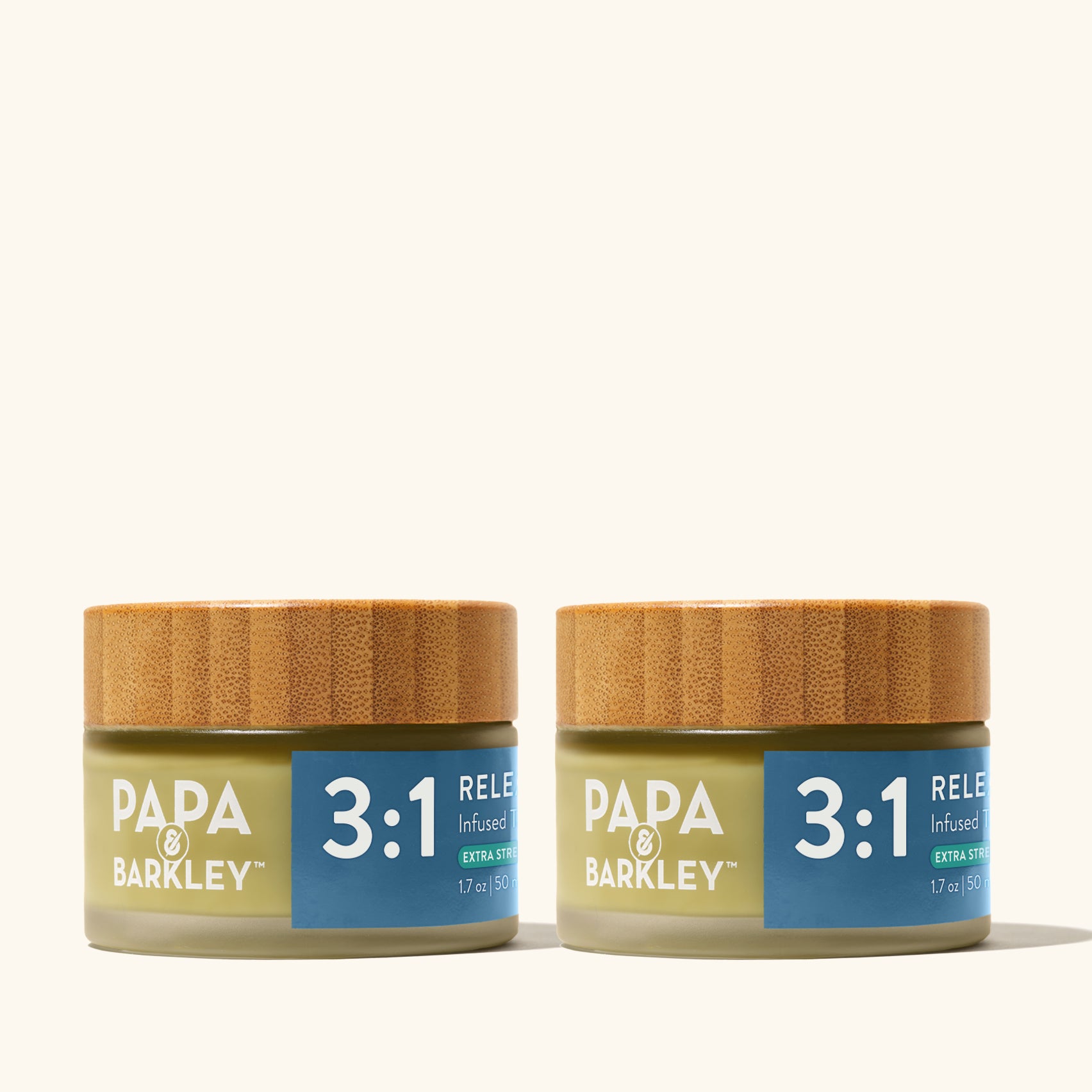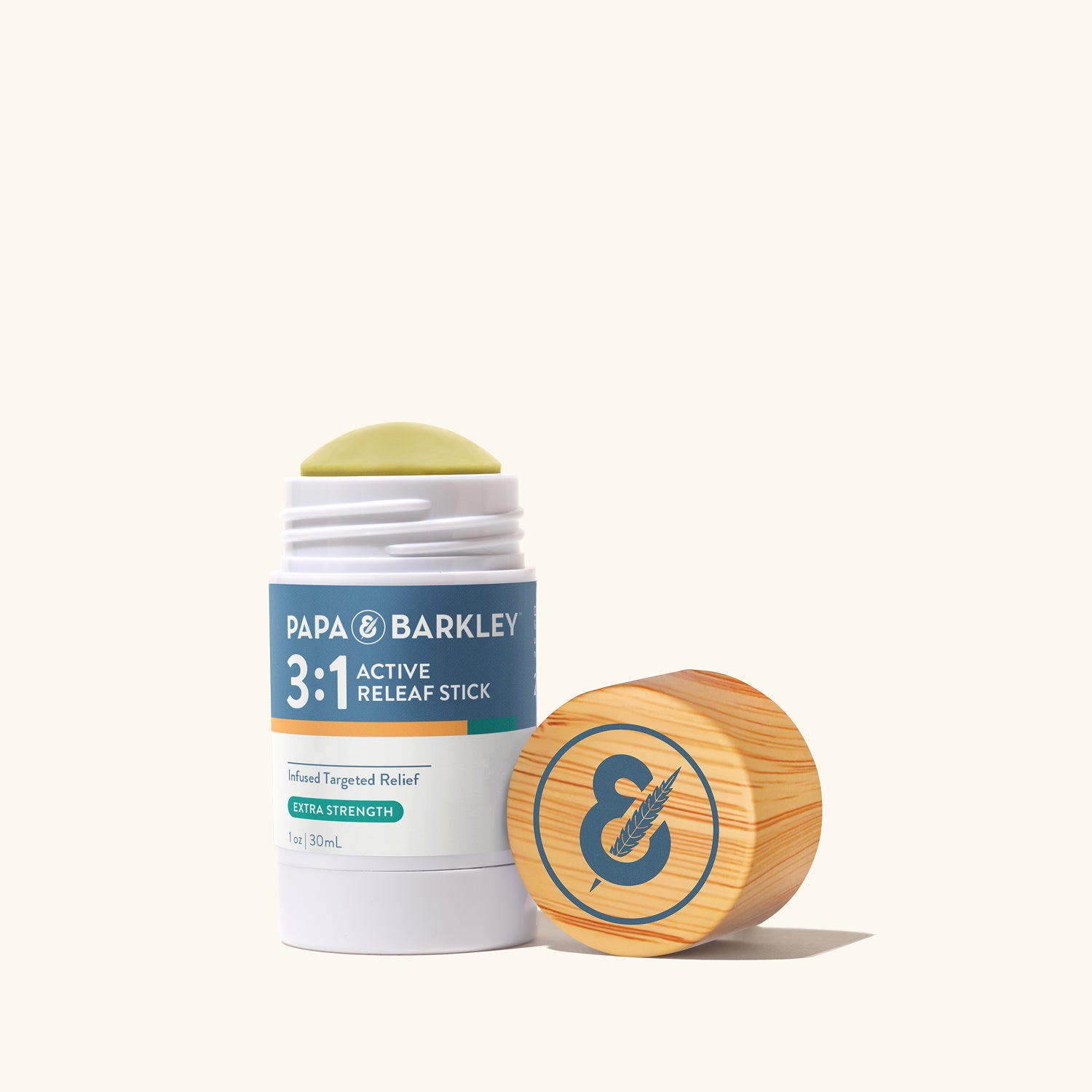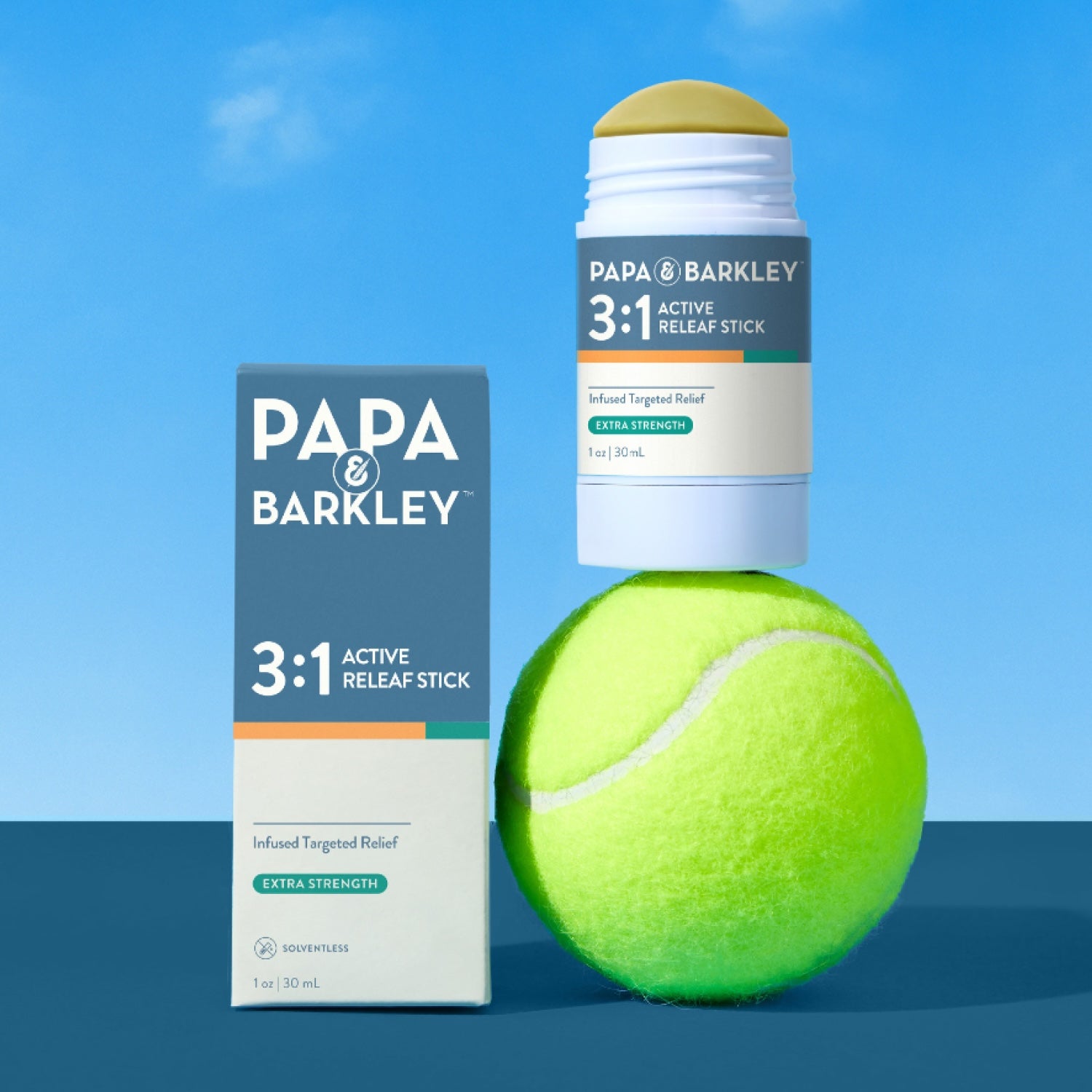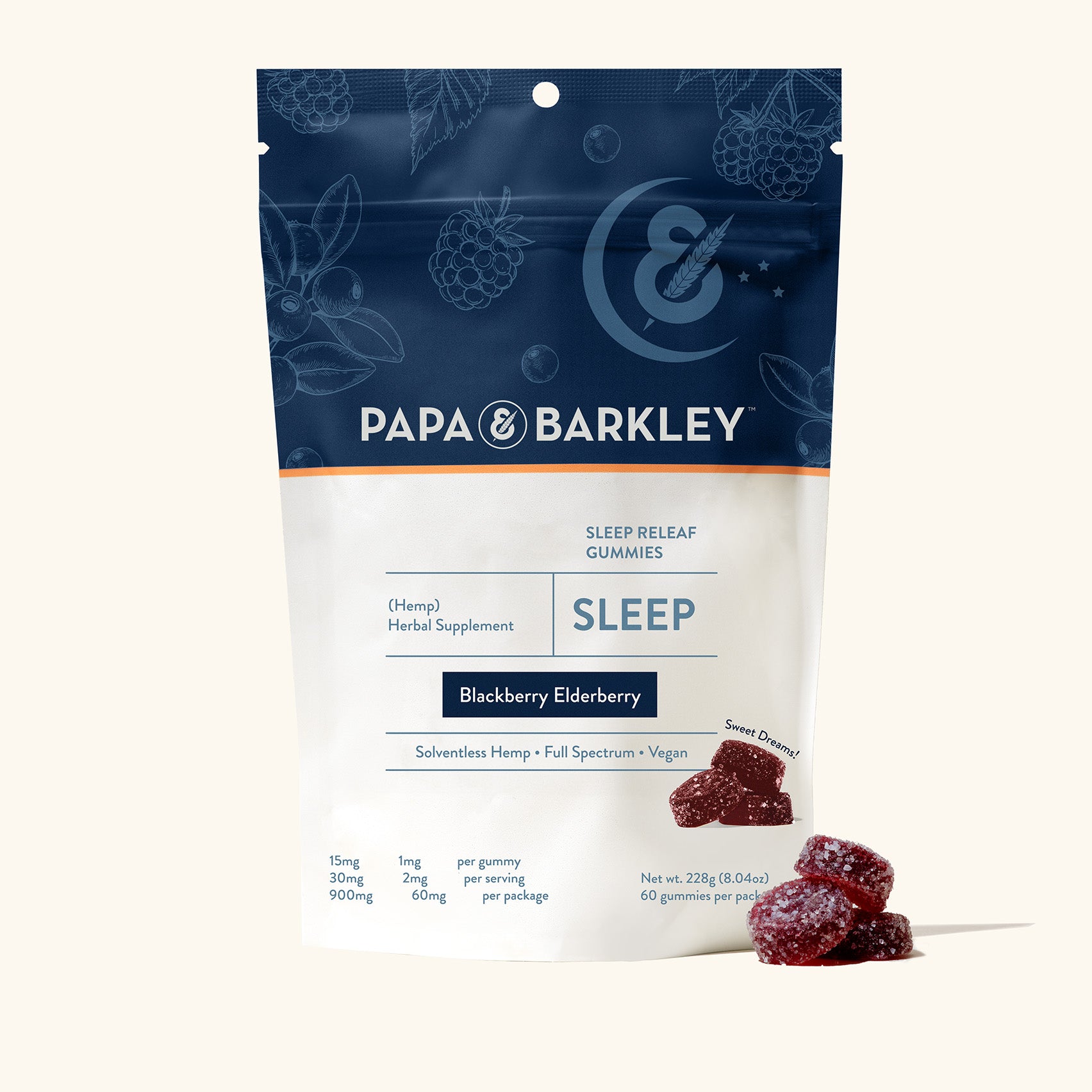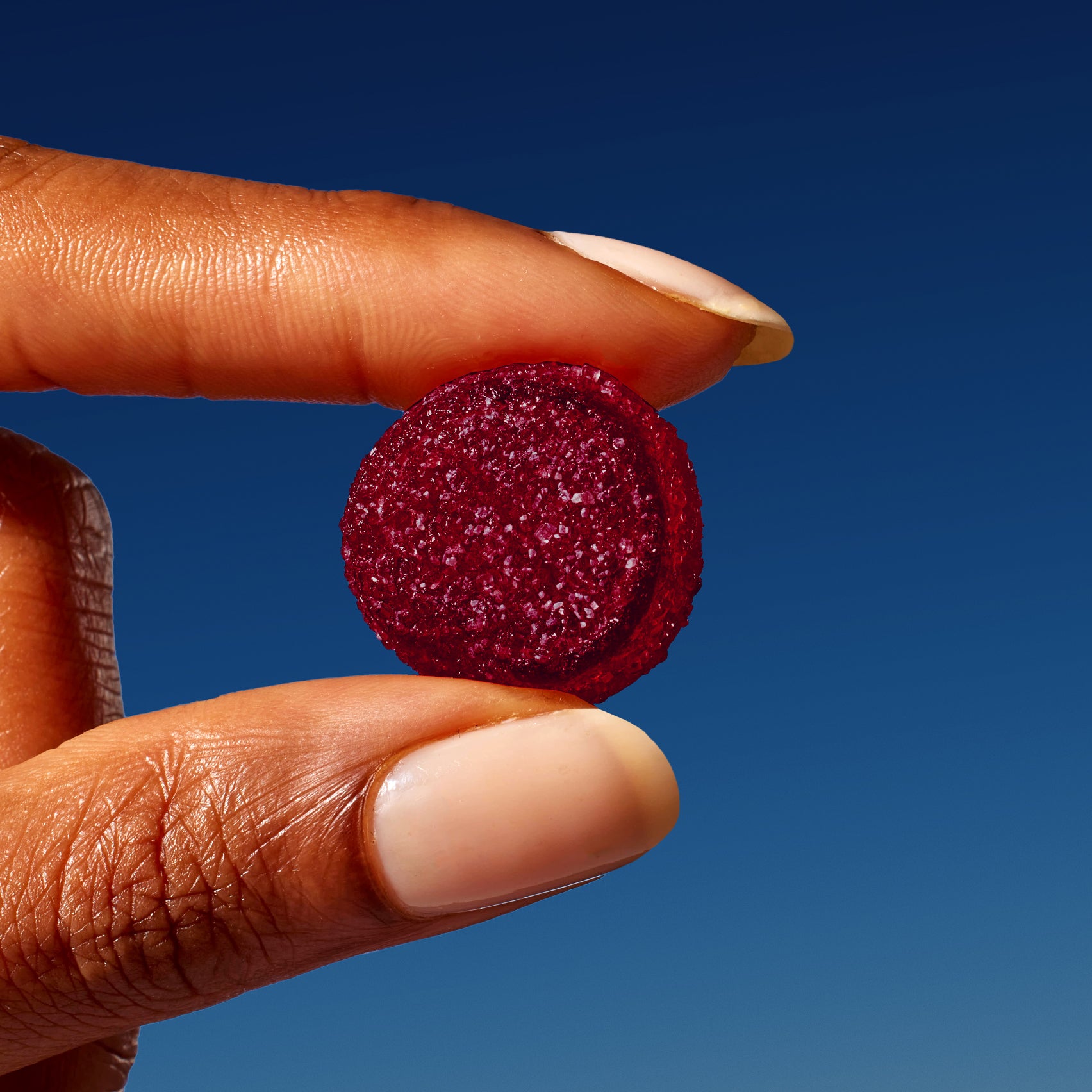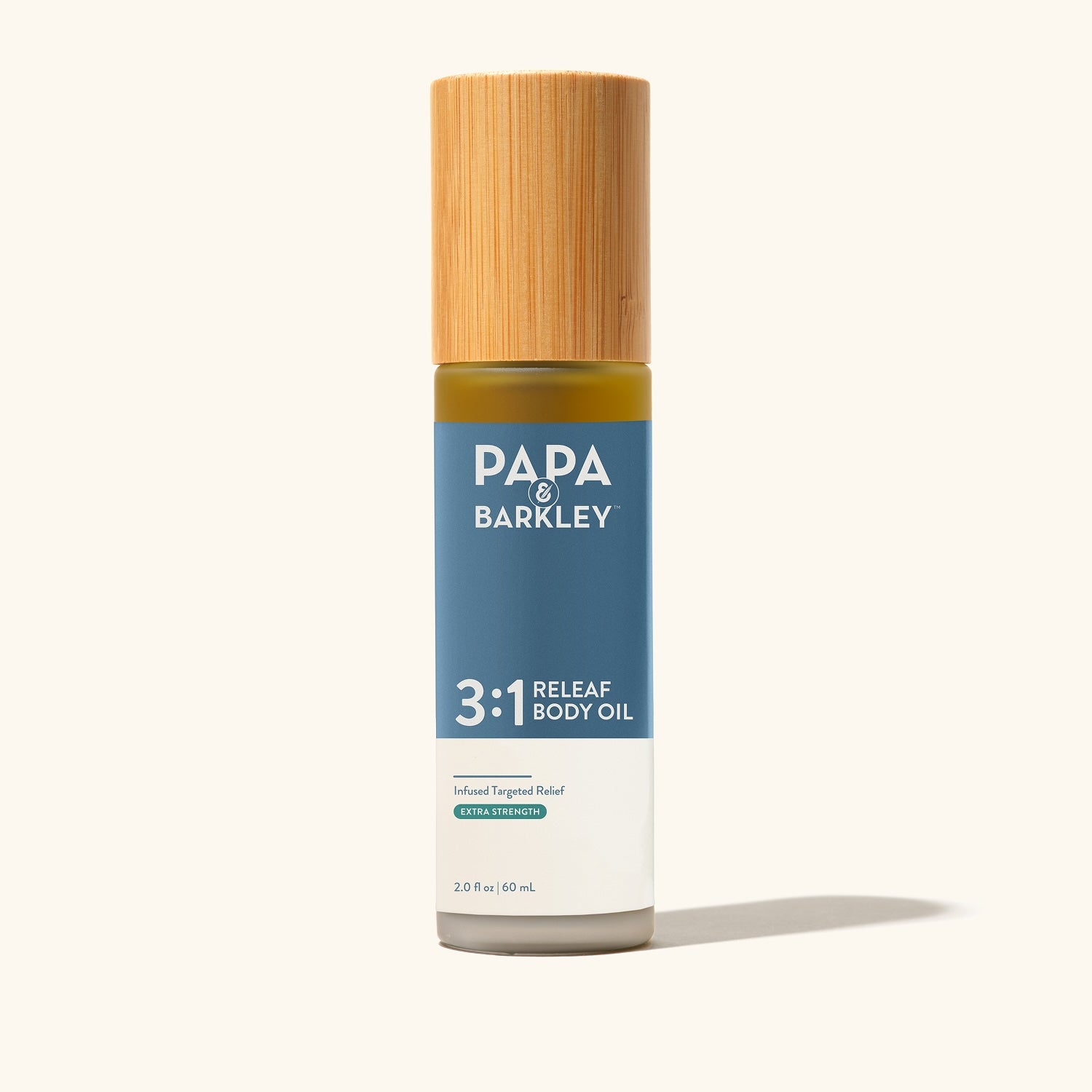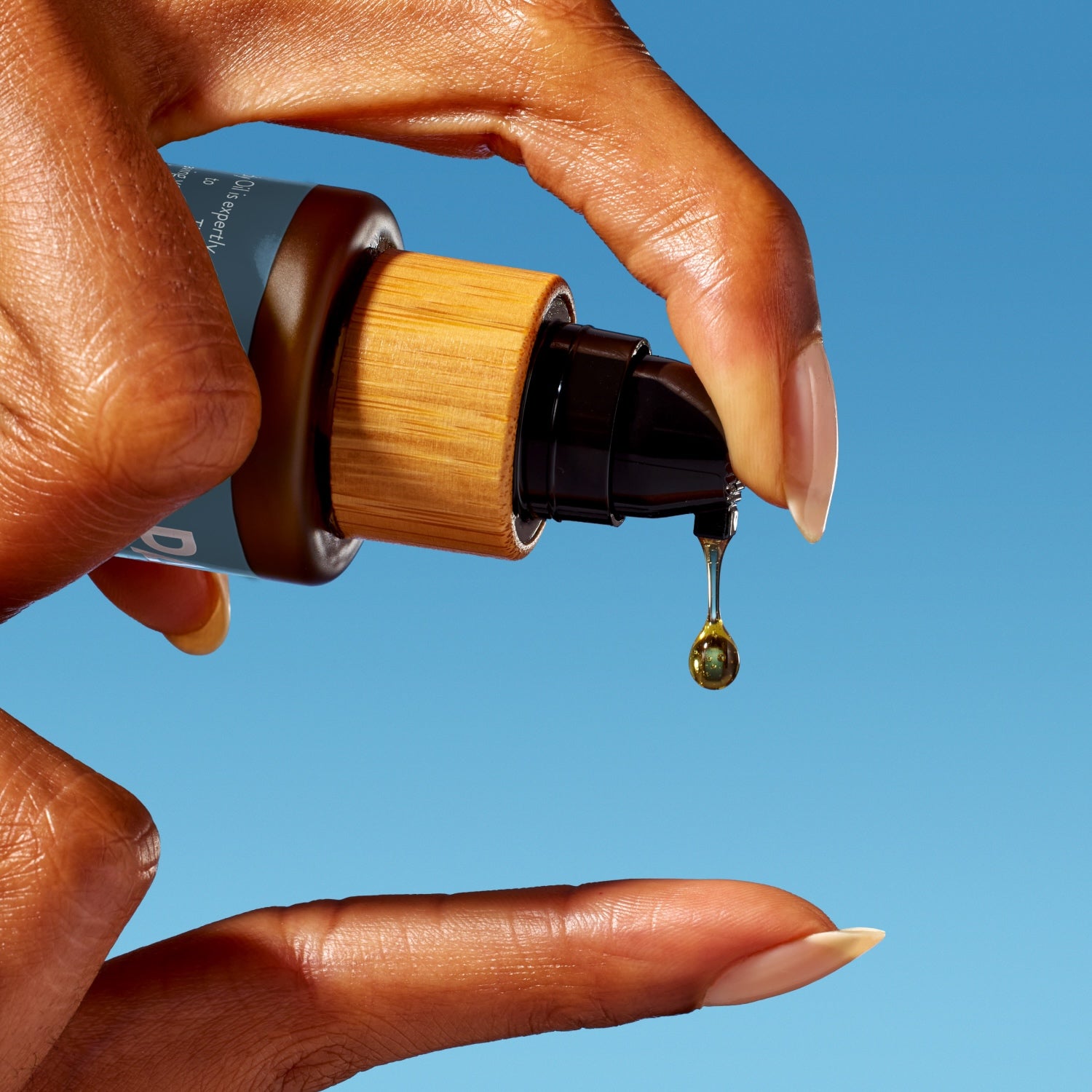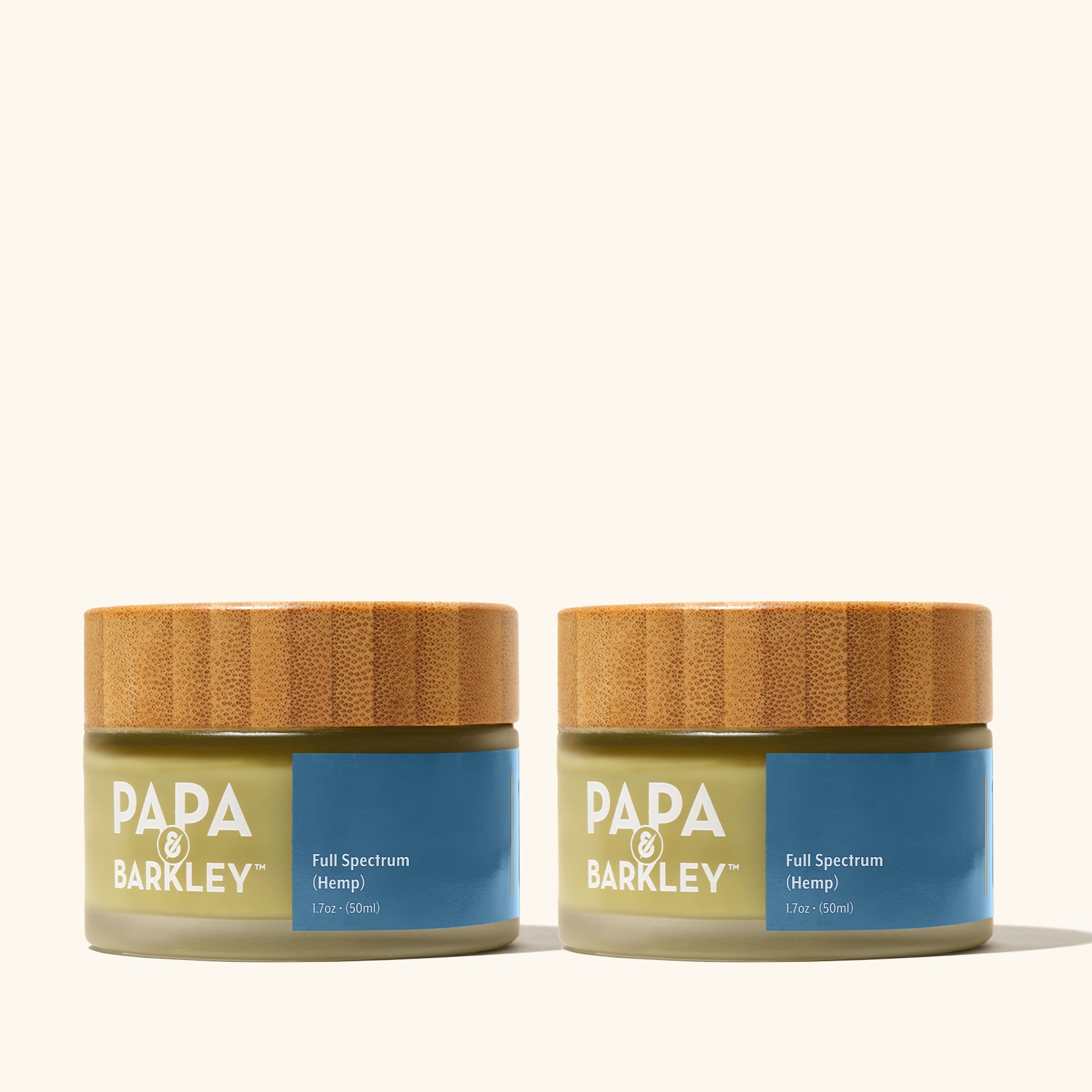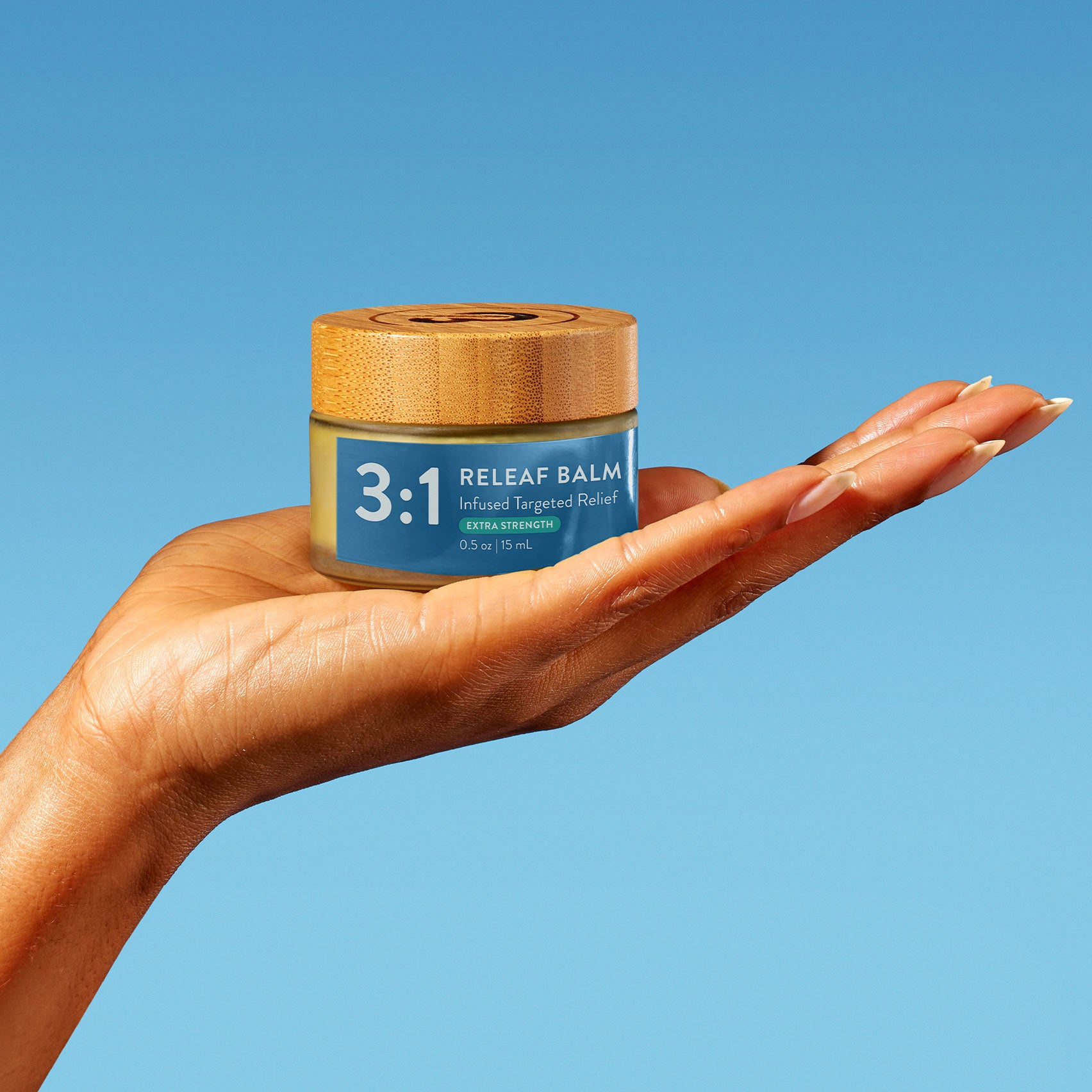Supporting Calm in Pets
You may have already heard how cannabidiol, or CBD, is being incorporated into wellness routines for humans, but did you know that people also choose CBD products for their pets? From tinctures to capsules to chew treats, cannabis products have become popular options among pet owners. Learn why researchers and pet owners have started exploring CBD for their pets.
From fireworks to long plane rides, there are many reasons why your pet might seem fearful or anxious. Research shows that CBD is being studied for its potential to support emotional well-being in both animals and humans. There are also several anecdotal stories shared by members in communities such as the popular Facebook group CBD Oil for Pets, where tips and experiences about CBD use with animals are discussed, including comments about behavioral changes in response to different situations. In pets, emotional distress can manifest in a number of ways. Some telltale signs include:
- aggression
- destructive behavior
- hyperactivity
- trembling
- digging
- having accidents in the home
Pet Wellness and CBD
CBD is being explored for its various properties in humans, from athletes to the elderly. Recent studies are beginning to investigate the use of CBD oil in pets. For example, researchers have observed dogs that received CBD oil and monitored factors such as changes in activity levels compared to those that did not receive CBD oil.
Where to Find CBD for Pets
If you live in a state that offers legal CBD, some people choose to add a few drops of oil to their dog's food, or purchase products specifically designed for dogs. As always, it is a good idea to talk with your veterinarian before starting any new supplement or product for your pet. Regulations differ by state; for example, California is noted for allowing veterinarians to discuss CBD use, but in many states, veterinarians may not bring up the topic first. It’s important to note that CBD may interact with other medications if animals are already medicated, so professional guidance is important.
Dr. Cornelia Wagner, owner of Hawthorne Veterinary Clinic in Portland, told Forbes that any pet's use of cannabis should begin with the lowest dose possible. “The upper dose limit for CBD products recommended is around 1 mg/kg/day orally, but one should start with a much smaller fraction of this dose such as 0.05 mg/kg/day,” states Dr. Wagner on Hawthorne Clinic’s website. “For THC products, start with an oral dose of 0.1-0.25 mg/kg THC once or twice daily.” If there are no negative side effects like sedation or disorientation, a vet may advise adjusting the dose based on observation and tolerance.
While the research on administering CBD to pets is limited, new studies and discussions are emerging. Early reports have generated curiosity and interest among pet owners and researchers alike.
“People are using CBD and they are excited about its potential,” said Dr. McGrath. We’d guess their pets are excited too.
Erica Garza is an author and essayist. Her work has appeared in Time, Health, Glamour, Good Housekeeping, Women’s Health, The Telegraph and Vice. She lives in Los Angeles.
References:
- https://www.ncbi.nlm.nih.gov/pmc/articles/PMC2828614/
- https://www.ncbi.nlm.nih.gov/pmc/articles/PMC4604171/
- https://www.consumerreports.org/marijuana/should-you-try-cbd-for-your-pet/
- https://www.ncbi.nlm.nih.gov/pubmed/1969666
- https://vetcbd.com/blog/pet-owner-education-anxiety/
- https://www.frontiersin.org/articles/10.3389/fvets.2018.00165/full
- https://cvmbs.source.colostate.edu/preliminary-data-from-cbd-clinical-trials-promising/
- https://www.forbes.com/sites/laurenterry/2018/09/27/the-right-way-to-introduce-cbd-to-your-pets/#70984f9030c5



